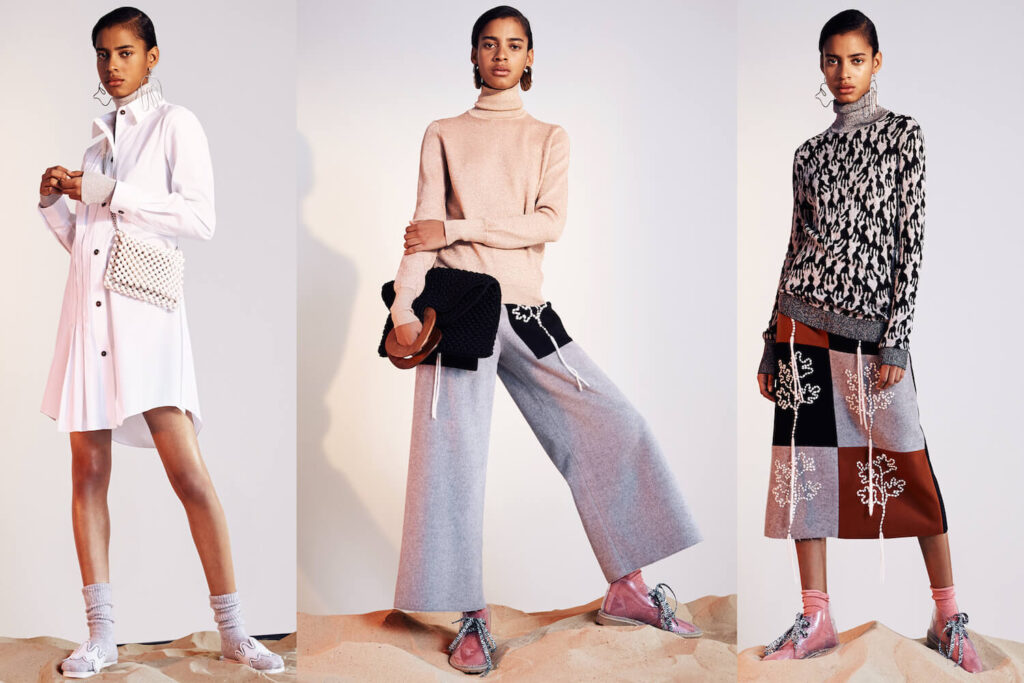Paris Fashion Week concluded this season with a strong focus on sustainable fashion trends. Designers across the city highlighted eco-friendly materials and ethical production methods in their collections. The event attracted thousands of fashion enthusiasts, both from Europe and around the world, who praised the industry’s shift toward sustainability.
Several major designers presented collections made from recycled fabrics, organic cotton, and cruelty-free textiles. The move reflects growing consumer demand for environmentally responsible clothing. Attendees noted that these choices not only help the planet but also add fresh creativity to traditional fashion designs.
Sustainable fashion trends have become a key highlight for the Paris shows this year. Designers incorporated renewable fabrics, zero-waste patterns, and innovative dyeing techniques. Many runway looks demonstrated how high fashion can merge style with environmental responsibility.
Industry experts say the rise of sustainable practices signals a major change in the fashion world. Brands are investing more in ethical production, fair labor, and traceable supply chains. This trend not only attracts eco-conscious buyers but also strengthens brand reputation internationally.
Paris Fashion Week also featured collaborations with small eco-friendly brands. Emerging designers displayed collections that emphasize sustainability without sacrificing style. These efforts illustrate how the industry is opening doors for innovation and environmental responsibility at every level.
Consumer awareness played a central role in this shift. Surveys show that more buyers now prioritize clothing that is sustainable and ethically made. As a result, designers are responding by integrating these materials into both luxury and ready-to-wear collections. This move helps reduce fashion’s environmental impact while keeping creativity alive.
The event also highlighted sustainable accessories and footwear. Shoes and handbags were crafted from vegan leather and recycled materials. Designers shared that sustainable accessories are not just a trend but a long-term commitment to the planet.
Fashion critics praised the balance between style and sustainability. The runway shows proved that eco-friendly clothing can be visually stunning and commercially viable. Many collections combined traditional French craftsmanship with modern sustainable materials, creating unique and elegant designs.
Experts predict that sustainable fashion trends will continue to grow across Europe and globally. Major fashion weeks in Milan, London, and New York are already following similar initiatives. The Paris event reinforces the idea that sustainability and luxury can coexist successfully.
The focus on ethical production also extends to supply chains. Designers are increasingly transparent about sourcing, manufacturing processes, and labor practices. This level of accountability strengthens consumer trust and encourages other brands to adopt similar practices.
Paris Fashion Week’s commitment to sustainable fashion reflects broader cultural changes. Both designers and consumers are more aware of climate issues and social responsibility. By prioritizing eco-friendly materials and ethical production, the fashion industry is setting an example for other creative sectors.
Overall, the event emphasized that fashion can be both stylish and responsible. Paris Fashion Week demonstrated that sustainable fashion trends are not a passing idea but a vital part of the industry’s future. Designers, buyers, and critics alike left inspired by the innovative and eco-conscious designs on display.

